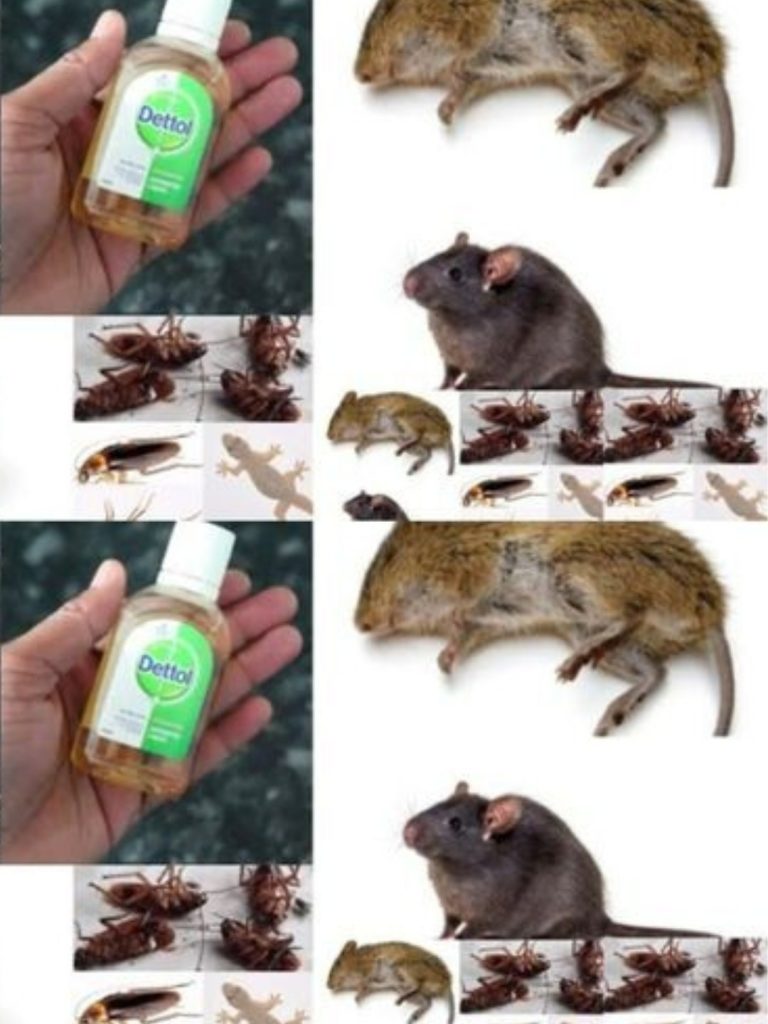ADVERTISEMENT
Effective Natural Pest Control Remedies for a Safer Home
Tired of dealing with pesky insects invading your home but want to avoid harsh chemicals? Natural pest control remedies are an eco-friendly and safer alternative to commercial pesticides. These methods rely on common household ingredients and simple strategies to keep pests at bay, ensuring a healthier environment for your family and pets.
Here are some effective and natural pest control remedies you can use to protect your home:
1. Citrus Peels for Ants
Why It Works: Ants dislike the smell of citrus, and the oils in the peels disrupt their scent trails.
How to Use: Place fresh citrus peels (like orange or lemon) near entry points, or rub the peels on surfaces where ants are active. You can also blend the peels with water to create a spray.
2. Baking Soda and Sugar for Cockroaches
Why It Works: The sugar attracts cockroaches, while the baking soda reacts with their digestive system, killing them naturally.
How to Use: Mix equal parts of baking soda and sugar and sprinkle it in areas where cockroaches are seen.
3. Vinegar Spray for Flies and Gnats
Why It Works: The strong smell of vinegar repels flies and gnats.
How to Use: Mix equal parts of vinegar and water in a spray bottle. Add a few drops of essential oil like eucalyptus or mint for added effectiveness. Spray it around windows, doors, and other fly-prone areas.
4. Coffee Grounds for Slugs and Snails
Why It Works: The strong smell of coffee repels slugs, and the grounds are abrasive, deterring their movement.
How to Use: Sprinkle used coffee grounds around the base of plants or other areas where slugs and snails are a problem.
5. Essential Oils for Mosquitoes and Spiders
Why It Works: Essential oils like peppermint, tea tree, and lavender are natural repellents for spiders and mosquitoes.
How to Use: Dilute a few drops of essential oil in water and spray it in areas where pests are active. Alternatively, soak cotton balls in the oil and place them in corners or near windows.
6. Diatomaceous Earth for Insects
Why It Works: Diatomaceous earth is a natural powder that dehydrates insects like ants, bed bugs, and fleas.
How to Use: Sprinkle a thin layer of food-grade diatomaceous earth in areas where insects are present, such as along baseboards or near cracks and crevices.
7. Garlic and Onion Spray for Garden Pests
Why It Works: The strong odor of garlic and onions deters pests like aphids and beetles.
How to Use: Blend garlic and onion with water, strain, and use it as a spray on plants. Add a small amount of liquid soap for better adhesion.
8. Clove and Cinnamon for Moths
Why It Works: Moths dislike the strong scent of clove and cinnamon.
How to Use: Place whole cloves or cinnamon sticks in drawers, closets, and storage areas to keep moths away.
9. Neem Oil for Garden and Houseplants
Why It Works: Neem oil is a natural pesticide that disrupts the life cycle of many insects.
How to Use: Mix neem oil with water and a few drops of liquid soap. Spray it on plants to combat aphids, mites, and whiteflies.
continued on next page
ADVERTISEMENT
